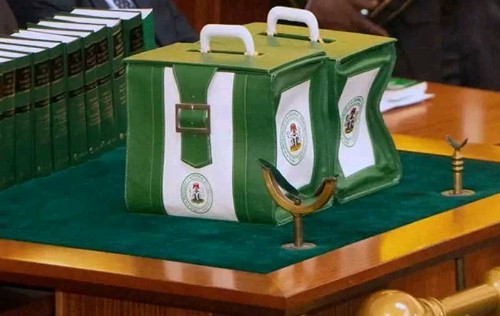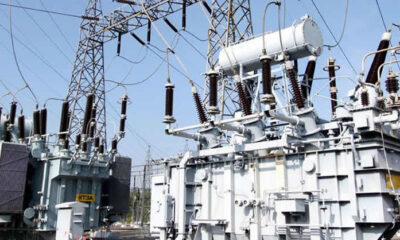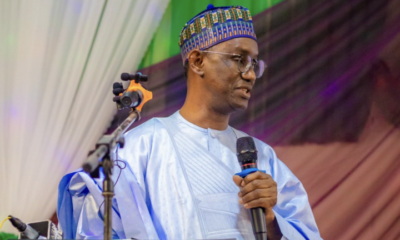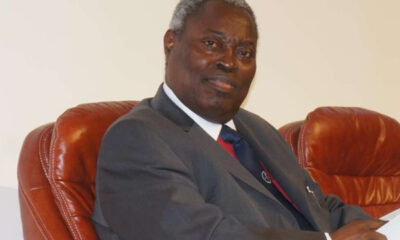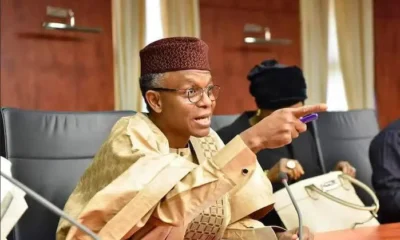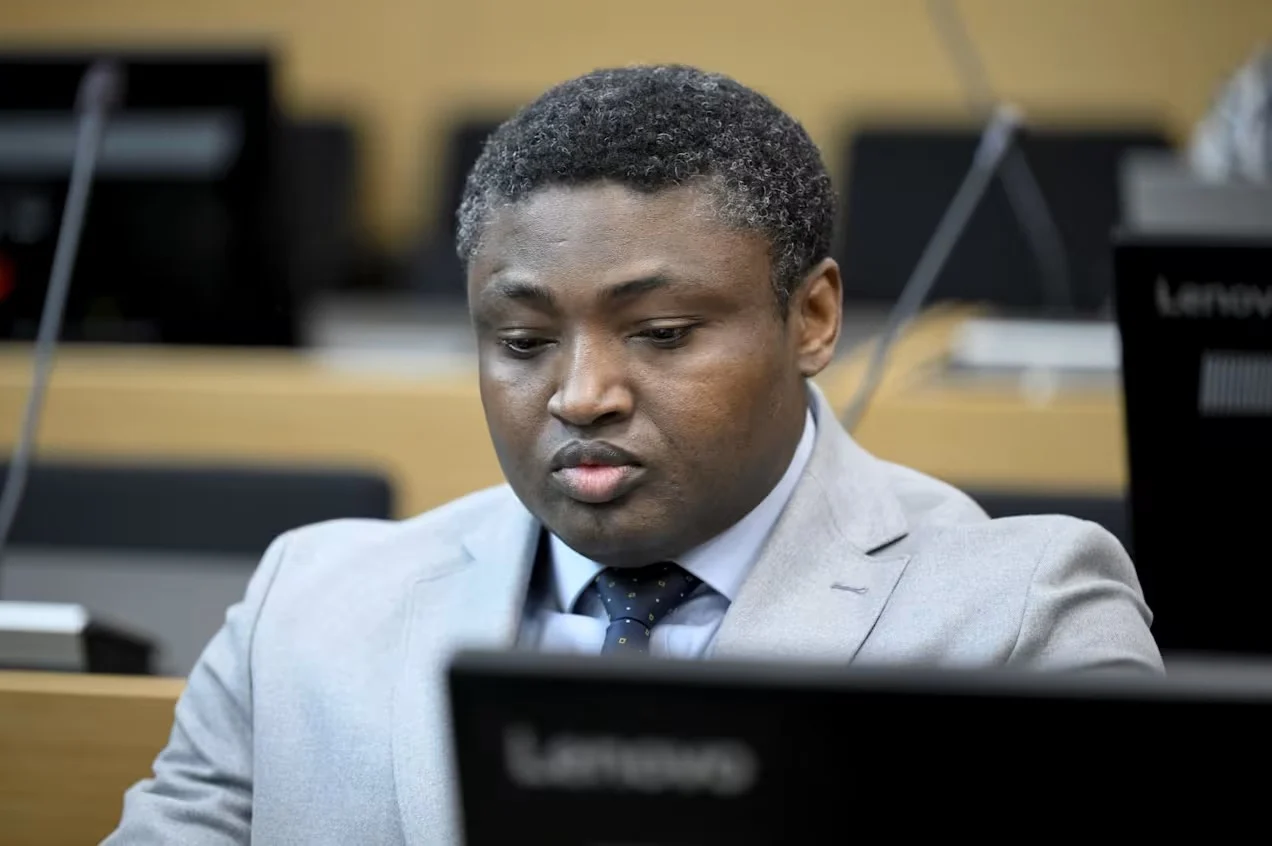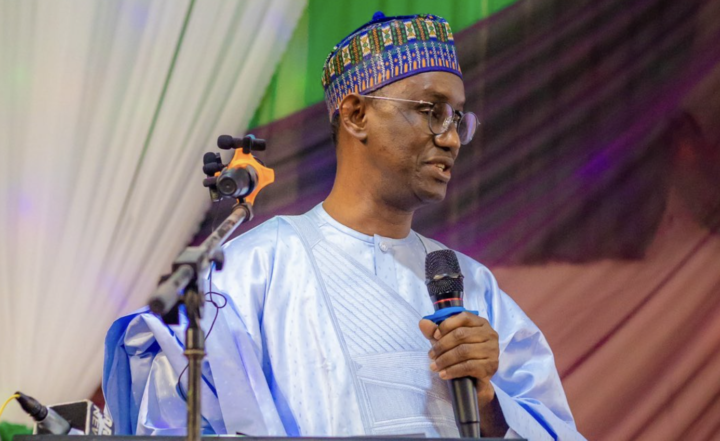BIG STORY
National Assembly Approves President Tinubu’s Request To Extend 2023 Budget Implementation
-

 BIG STORY5 days ago
BIG STORY5 days agoI Take Fully Responsibility For Abuja-Kaduna Train Accident —- NRC MD Kayode Opeifa
-

 BIG STORY4 days ago
BIG STORY4 days agoDangote Group, Ethiopia Sign Agreement To Build $2.5bn Fertiliser Plant
-
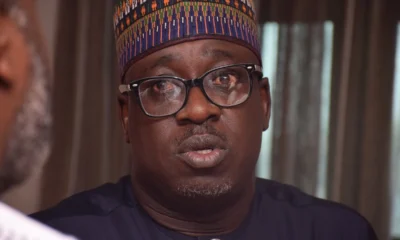
 BIG STORY4 days ago
BIG STORY4 days agoADC Questions INEC Voter Registration Figures, Demands Forensic Audit
-

 BIG STORY3 days ago
BIG STORY3 days ago32-Year-Old Lagos Painter Nabbed For Kidnapping Customer’s 7-Year-Old Son
-

 BIG STORY4 days ago
BIG STORY4 days agoNigerian Streamer Peller Allegedly Kidnapped By Gunmen During Livestream [VIDEO]
-

 BIG STORY14 hours ago
BIG STORY14 hours agoBREAKING: Governor Sanwo-Olu Accepts Hosting Rights For BON Awards, Lauds Organisers’ Guinness World Record Bid
-

 BIG STORY5 days ago
BIG STORY5 days ago‘Hand Of Wike, Voice Of Tinubu’ — Dele Momodu Criticises PDP For Zoning Presidency To South
-

 BIG STORY3 days ago
BIG STORY3 days agoGTCO Increases GTBank’s Paid-Up Capital To ₦504 Billion





